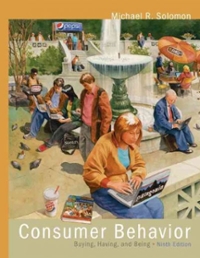Stanford University Medical Center prohibits its physicians from accepting even small gifts such as pens and mugs
Question:
Stanford University Medical Center prohibits its physicians from accepting even small gifts such as pens and mugs from pharmaceutical sales representatives under a new policy it hopes will limit industry influence on patient care and doctor education. The new policy is part of a small but growing movement among centers
(Yale and the University of Pennsylvania have similar policies). The policy also prohibits doctors from accepting free drug samples and from publishing articles in medical journals that industry contractors ghostwrite (a fairly common practice). These changes come at a time when many of us are concerned about the safety and rising cost of drugs and medical devices.
About 90 percent of the pharmaceutical industry s $21 billion marketing budget targets physicians. Some studies have shown that even small gifts create a sense of obligation; one critical study charged that free drug samples are . . . a powerful inducement for physicians and patients to rely on medications that are expensive but not more effective. Indeed, some industry documents from a civil lawsuit show that big pharmaceutical companies sometimes calculate to the penny the profits that doctors could make from their drugs. Sales representatives shared those profit estimates with doctors and their staffs, the documents show.120 Where is the line between legitimately promoting ones products and unethical practice? Should professionals engage in organizational decision making that has such farreaching medical and financial ramifications? L01
Step by Step Answer:






